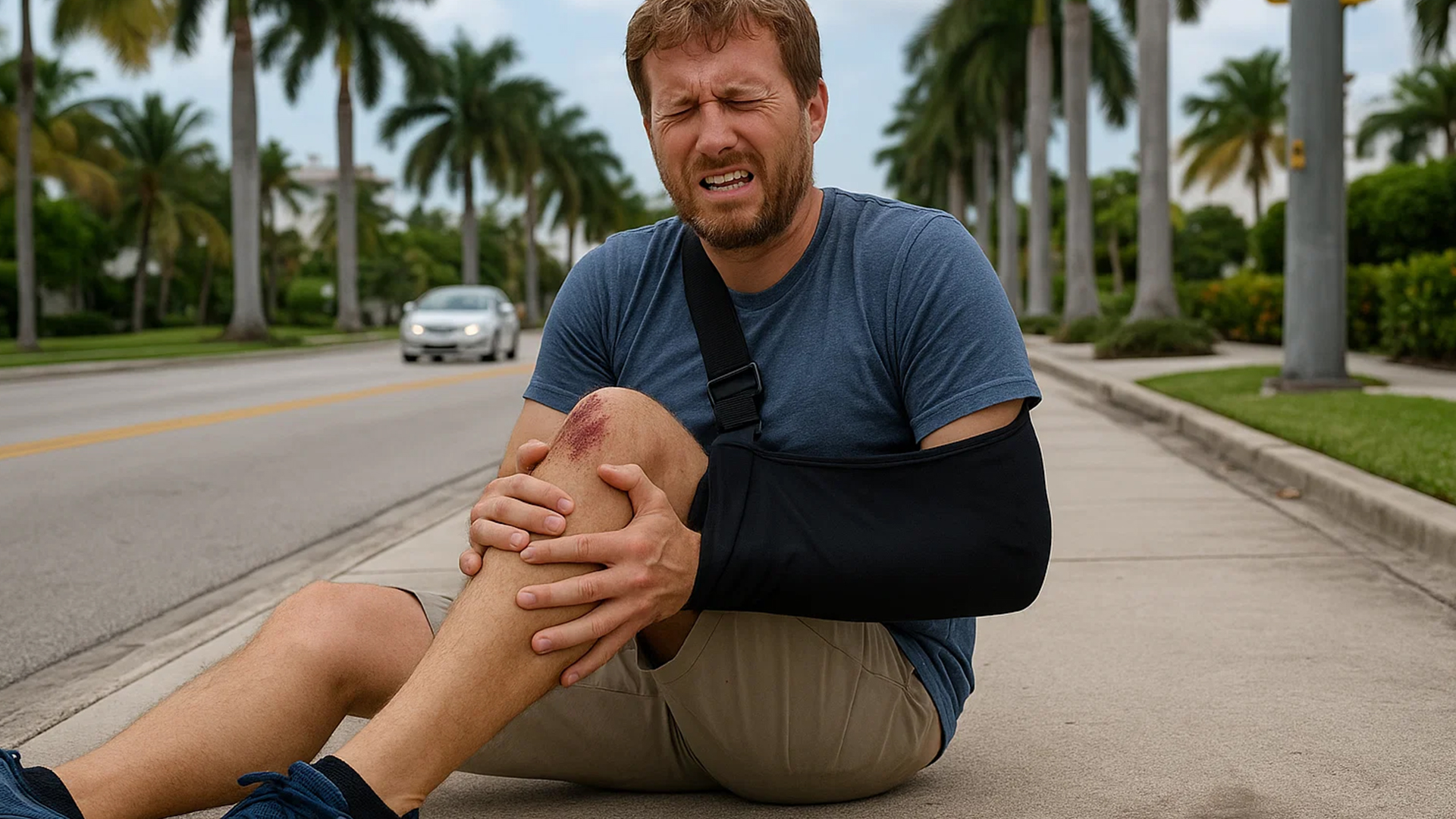The roots of what we now understand as personal injury law stretch far back into the annals of history, tracing their origins all the way to the legal systems of ancient Greece and Rome. In those foundational societies, established legal processes were put into place to empower citizens to formally articulate their grievances against a party they believed to be responsible for causing them harm. To assist them in the intricate task of presenting their case within these burgeoning legal frameworks, plaintiffs were granted the permission to enlist the support of a trusted companion, someone who possessed a deep understanding of the local laws and customs. While it was initially a prevailing tradition that these early iterations of what would eventually become personal injury lawyers were not permitted to accept monetary payment for their services, this particular rule was frequently overlooked in practice and, over time, was formally abolished by the 1st century AD, paving the way for a more formalized legal profession.
In the centuries that followed the decline of the Roman Empire, the concept of a dedicated advocate for those suffering injuries began to take root and flourish in other nations across the globe. The term “attorney” evolved to become a widely recognized and, crucially, a trusted professional designation in a multitude of diverse cultures. By the 1600s, a significant number of civilizations had successfully introduced and solidified some form of legal system that specifically enabled victims of harm to pursue compensation for the various losses they had incurred as a direct consequence of another party’s negligence or outright wrongdoing.
The initial forms of what we might now recognize as workers’ compensation claims started to become somewhat more common in the years immediately following the profound societal shifts brought about by the Industrial Revolution. This period saw lawmakers actively drafting and implementing legislation specifically designed to offer a degree of protection to individual workers against the immense power and influence wielded by burgeoning corporations. However, a truly pivotal moment in the evolution of personal injury law arrived in the 1900s with the landmark case of Donoghue v. Stevenson. This case proved instrumental in enacting significant changes to the existing framework of personal injury law, effectively setting the stage for the personal injury lawsuits as we fundamentally understand them in the modern era. In this infamous and widely discussed case, the plaintiff, a Mrs. Donoghue, became severely ill after inadvertently consuming a decomposed snail that she discovered at the bottom of a bottle of ginger beer. The manufacturer of the beverage was subsequently charged with negligence, specifically for failing to uphold adequate safety standards in their production process. It was from this foundational ruling that the very principles of common law negligence, as they are applied today in countless personal injury cases, truly took root and began to blossom.
Personal Injury Law Today
Personal injury laws have continued their dynamic evolution over the last century or so, constantly adapting as new legislation is enacted and as the diverse array of injuries facing individuals in our contemporary society continues to grow and change its fundamental shape. Nevertheless, the core and fundamental principles upon which personal injury law is built remain steadfast and unchanged. When you are unfortunately harmed or suffer damages as a direct result of the actions or inactions of another individual or entity, you inherently possess a fundamental right to seek fair and just compensation for the various losses you suffer as a direct consequence. The overarching purpose of such personal injury laws is multifaceted: to effectively hold the responsible or “guilty” party accountable for their actions, to help proactively prevent similar harm from befalling others in comparable scenarios, and, crucially, to provide the victim with the comprehensive compensation they both need and undeniably deserve to help them recover and rebuild their lives.
Under the framework of contemporary personal injury laws, victims are empowered to seek financial compensation for a wide variety of damages they have sustained. These can include, but are certainly not limited to:
- Medical costs: This encompasses a broad spectrum of expenses, including all past and future medical bills, the costs associated with doctor’s appointments, emergency room visits, necessary ambulance rides, and any required medication.
- Lost wages: If your injuries have unfortunately prevented you from being able to work and earn an income, you may be able to recover damages that represent the full amount of both past and future wages you would have reasonably earned had you not sustained your injuries.
- Pain and suffering: In many personal injury cases, you may be entitled to obtain compensation for the significant physical and emotional pain you have endured, both in the past and that you are expected to endure in the future, as a direct result of your injury. The specific amount you might receive in this category can often depend on critical factors such as the severity and the long-term longevity of your injury.
- Emotional hardship: Similarly, you may be able to pursue compensation for the profound mental and emotional repercussions that often accompany a serious injury, which can manifest as conditions such as severe anxiety, deep grief, emotional shock, and even humiliation.
- Loss of companionship: In the tragic event that a beloved family member was killed due to the profound negligence or reckless disregard of another party, you may be able to file a wrongful death claim to seek compensation for the immense loss of companionship, the invaluable guidance, and the profound comfort that your loved one provided.
Personal injury laws exist with the noble purpose of diligently protecting the vital interests, the physical health, and the emotional well-being of every individual. If you or someone you deeply care about was injured or otherwise harmed due to the wrongdoing or undeniable negligence of another, it is absolutely paramount that you stand up assertively for your fundamental right to fair and equitable compensation for the legitimate grievances you have suffered. In such a challenging time, it is highly advisable to consult with a dedicated and experienced personal injury lawyer, who can compassionately and with utmost integrity guide you through the often complex and intimidating legal process, helping you to navigate the path toward justice.






